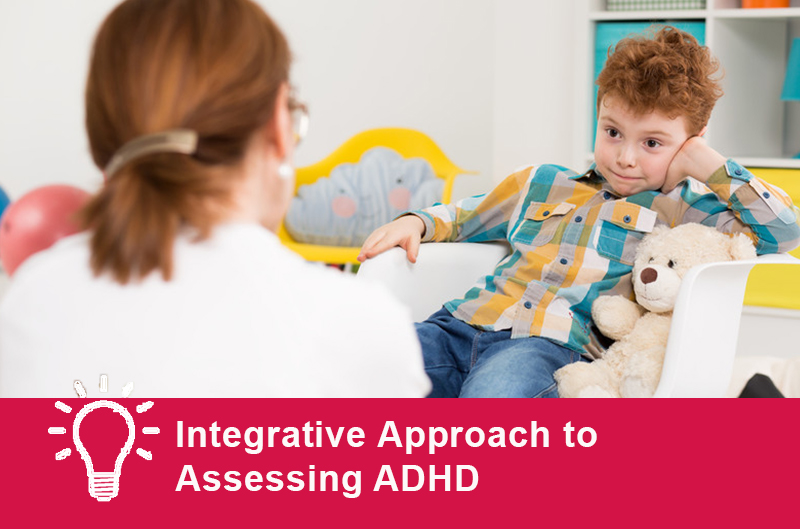Integrative Approach to Assessing ADHD
The Carlat Psychiatry Blog, Volume , Number ,
https://www.thecarlatreport.com///
Using Vitamins, specific diets, and herbal remedies, Integrative Medicine (IM) focuses on supporting the innate healing powers of the body. IM is not without its disadvantages. Firstly, and chiefly, the evidence base for efficacy is deficient by the standards of conventional medicine. In part, this is due to a lack of financial incentive. Most natural remedies cannot be patented, and therefore it is rare for companies to invest the many millions of dollars required for large-scale clinical trials, as the resulting products would be unlikely to yield a good return on investment. Secondly, the IM approach typically demands more of the patient and can also take more of the practitioner’s time. Nonetheless, many patients and their parents are seeking alternatives to conventional psychiatry. In The Carlat Child Psychiatry Report, integrative psychiatrist Scott Shannon, MD, assistant clinical professor of psychiatry at the University of Colorado Medical School, gives the following snapshot of his approach to assessment of ADHD: Assessment Subscribers can read the full article about Dr. Shannon’s IM treatment approach to ADHD. Not a subscriber? Join here.
ADHD assessment in integrative practice is a bit more time-consuming and may take 60–90 minutes. Like traditional evaluations, it is based primarily on a comprehensive interview, and includes results from ADHD symptom scales (Dr. Shannon prefers the Vanderbilt over the Connors scale, as the former is broader in scope). His assessment protocol includes the following elements:


